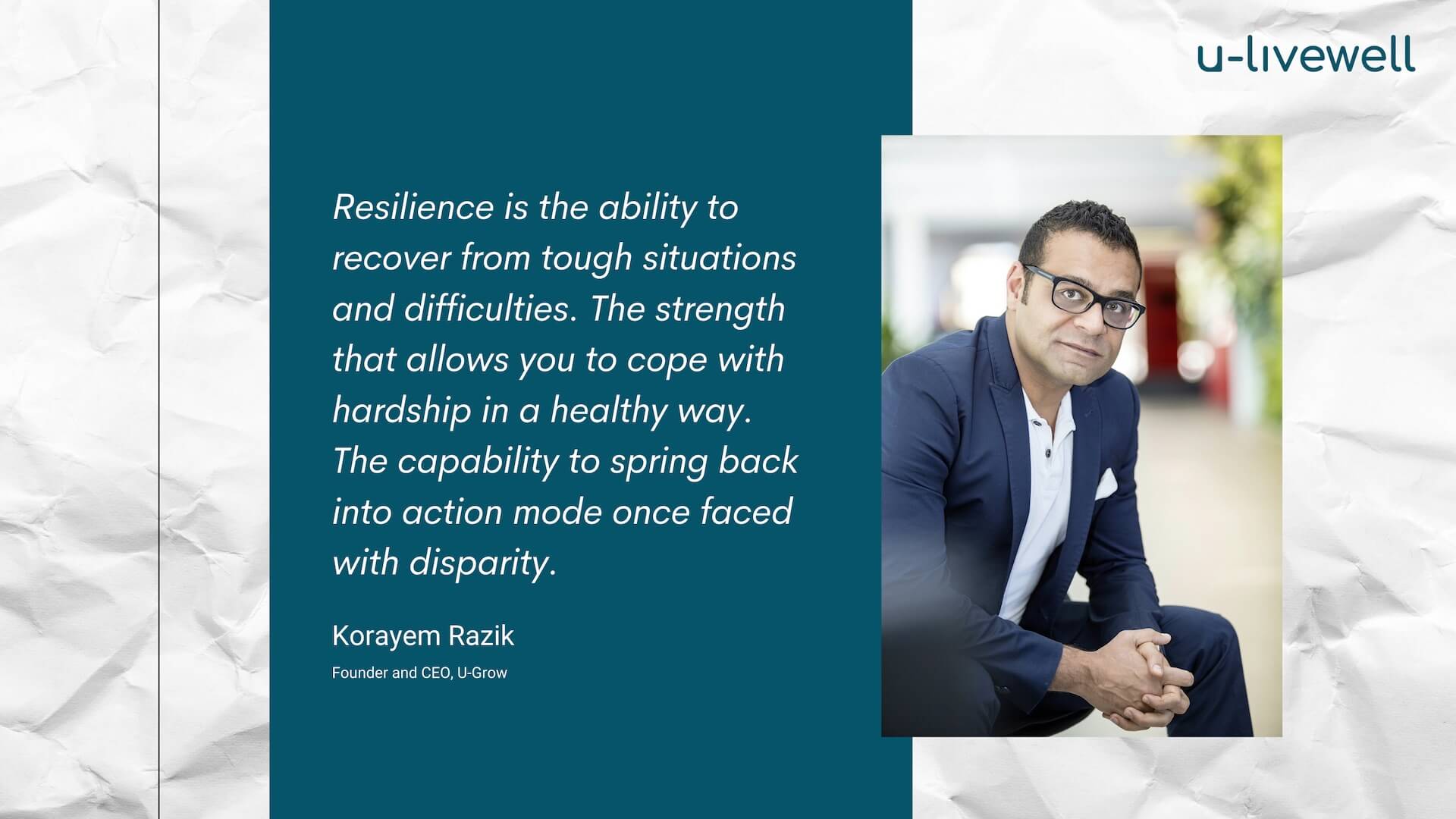Why Resilience, Not Positive Thinking, Is The Key To Your Success
Resilience is the ability to recover from tough situations and difficulties. The strength that allows you to cope with hardship in a healthy way. The capability to spring back into action mode once faced with disparity.
Positive thinking can harm you, too. When I started my career, I was convinced that positive thinking was the key to success.
I used to travel 90% of the time, and I used to tell myself: Yes I can do it. I used to say yes to all tasks given to me, and I used to tell myself: Yes I can do them all. I used to accept 10 meetings a day, and I used to tell myself: Yes, why not? I am as tough as stone. Quite the multitasker oh yes, I used to be that man.
Being a positive thinker has allowed me to reach far and it has gotten me to where I am now. However, I found out that it could also bring me harm in the long run. I realized that there is such a thing as too much positivity – we also need realism.
Too much positivity can become toxic; it can create unrealistic expectations and take a toll on your health.
KORAYEM RAZIK
How did I come to this conclusion?
After a while I saw myself getting stressed easily, panicked, not sleeping well at night and I started to feel tired. I went over my limits. I let my body & soul do things which my heart, feelings and energy didn’t agree with.
As I started to understand and learn more about leadership and mental training, I learnt a word that changed my life: Resilience.
Resilience is the ability to recover from tough situations and difficulties. The strength that allows you to cope with hardship in a healthy way. The capability to spring back into action mode once faced with disparity.

The ability to say ‘no’ to 10 meetings and do it in three days instead of one.
The ability to make you travel less and save your energy for a longer career and happier work-life balance.
The ability to know what you can and what you can’t do.
The ability to understand that multitasking isn’t always productive and it can harm your long term career.
The ability to have self-confidence, being able to believe in yourself, not always feel pressure and that you don’t need to say yes all the time.
Possessing resilience does not remove stress or the difficulties of life
This year has been filled with illness, financial difficulties, anxiety and grief. How does one cope with such difficulties?
It is very easy to become overwhelmed and dwell in our problems creating unhealthy coping mechanisms. Are you thinking how great and easy would it be if only I was resilient?
Resilience is more than just coping. It’s about learning from experience, being optimistic and learning that it is okay to ask for help when needed.
KORAYEM RAZIK
Possessing resilience does not erase stress or the difficulties of life. People who have this quality simply have a very different outlook in life. They understand that life is not perfect and that it is filled with hurdles that must be overcome. These hurdles can be lessons and make them stronger if they wish.
Resilient people are able to look at negative situations realistically but in a way that they don’t brood over such situations.
Fortunately, resilience is something that you can build in yourself
I strongly believe that with the right guidance and support, resilience can bloom within people facing adversities and employees going through stress.
Resilience can take some time to build so don’t feel discouraged if you struggle with difficult situations. In each of us there is strength and courage we did not know we had.
What are your thoughts about resilience and positive thinking?



